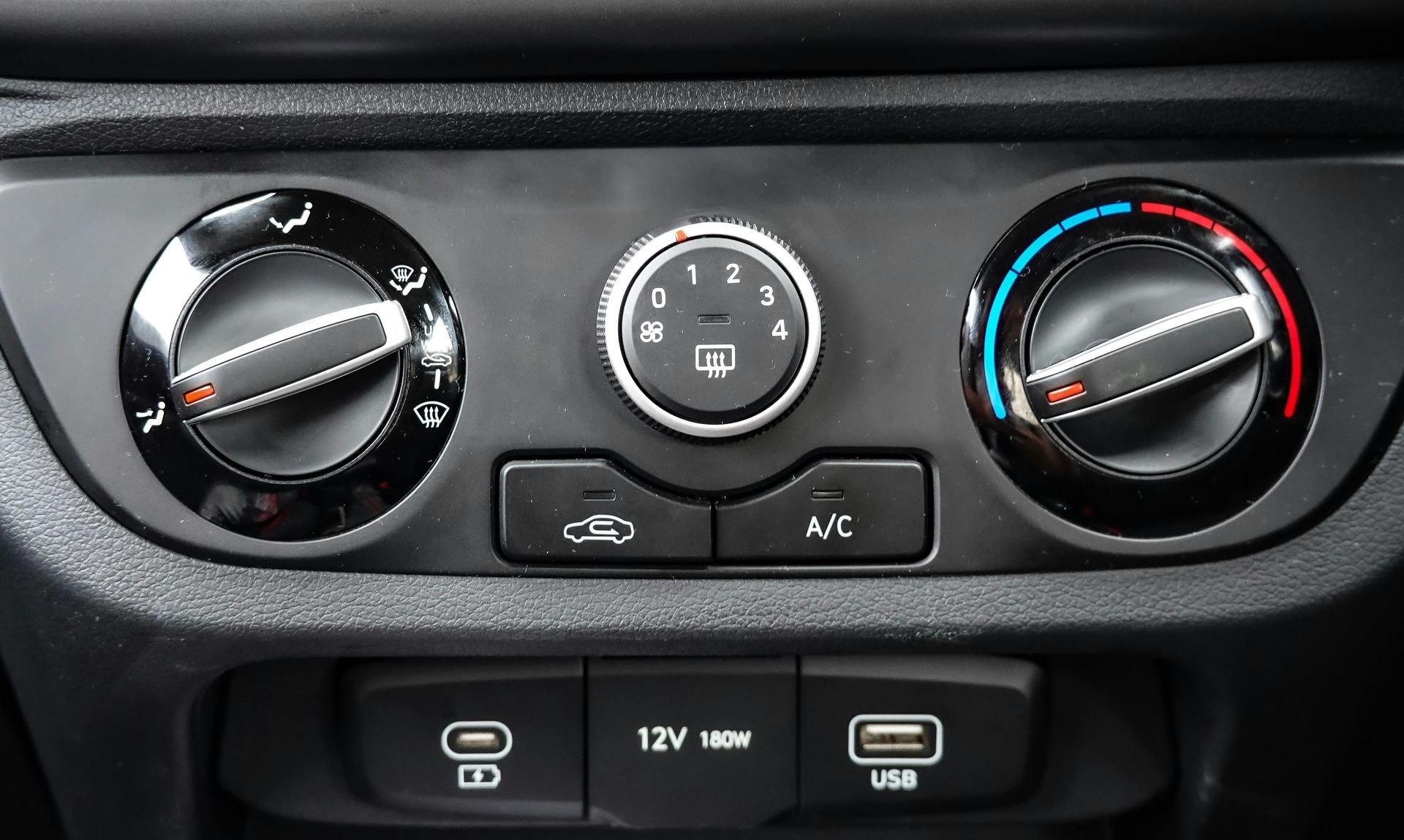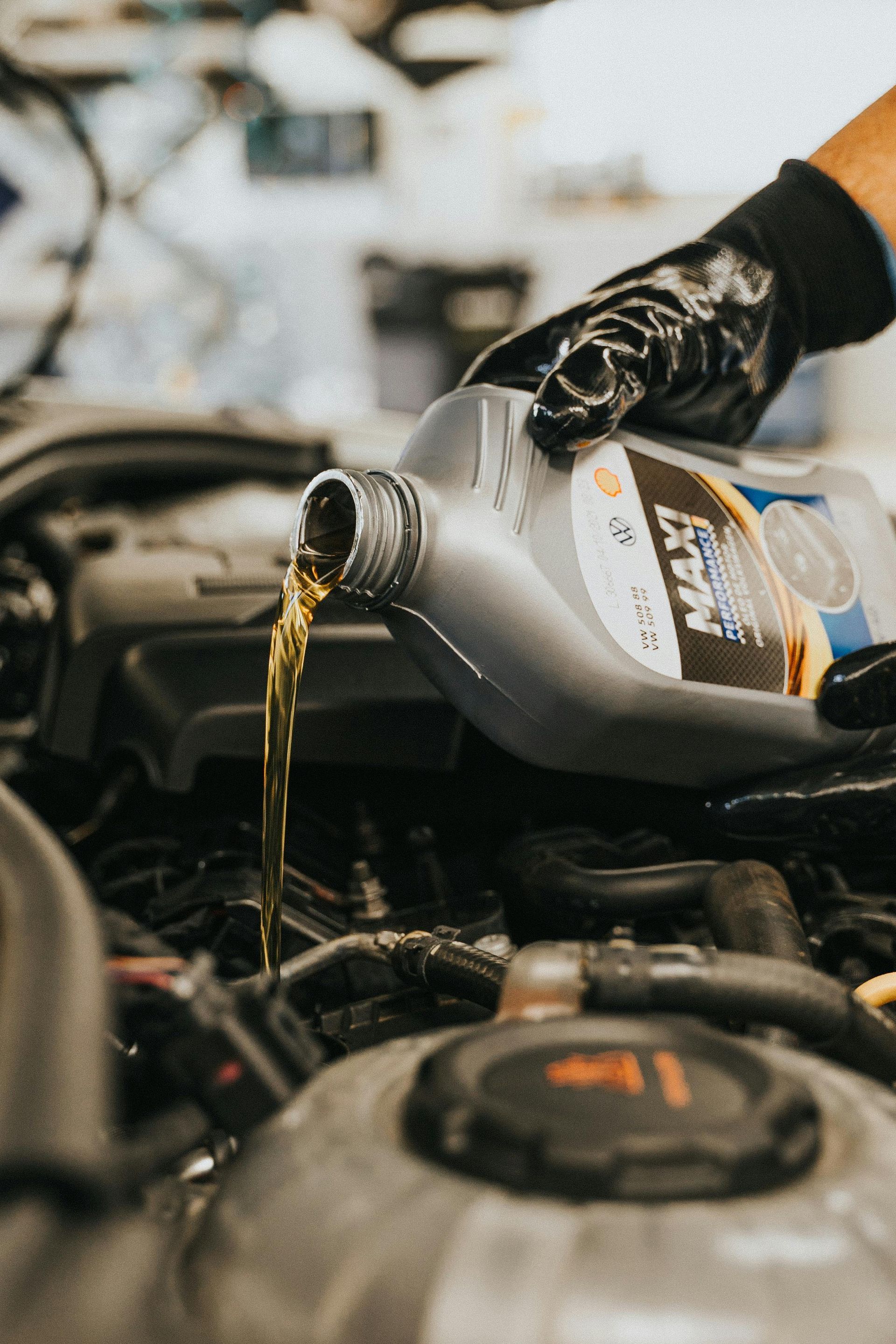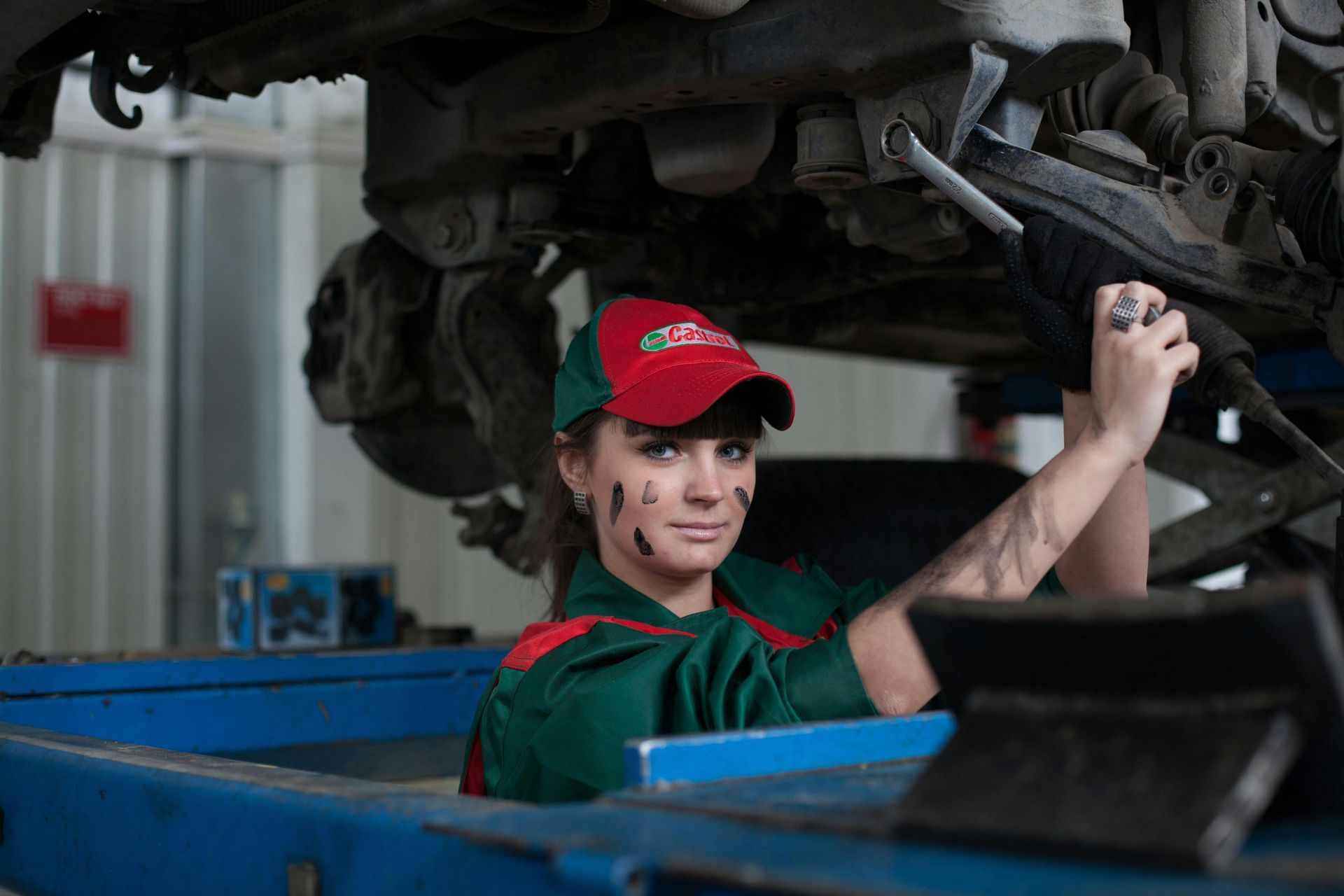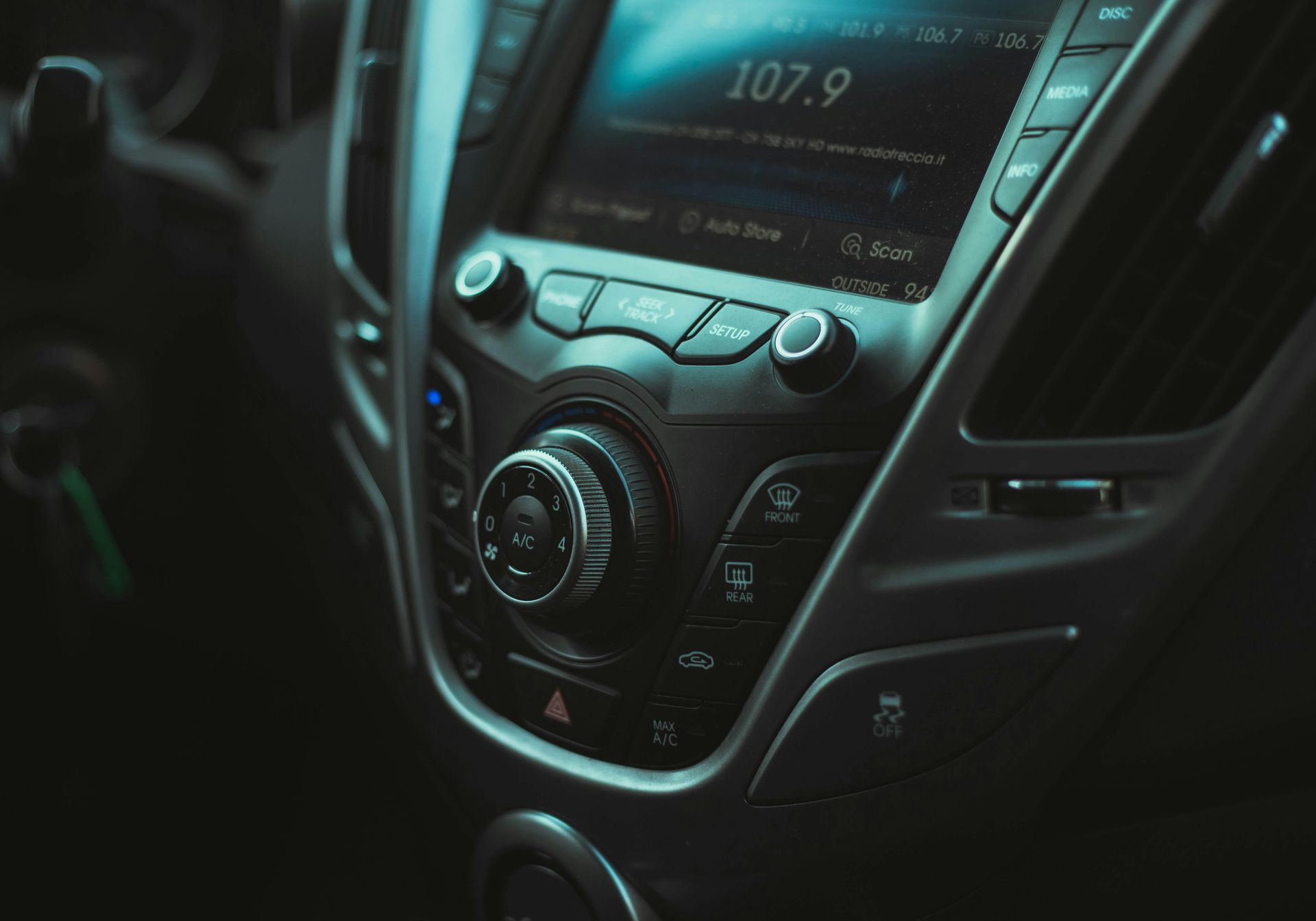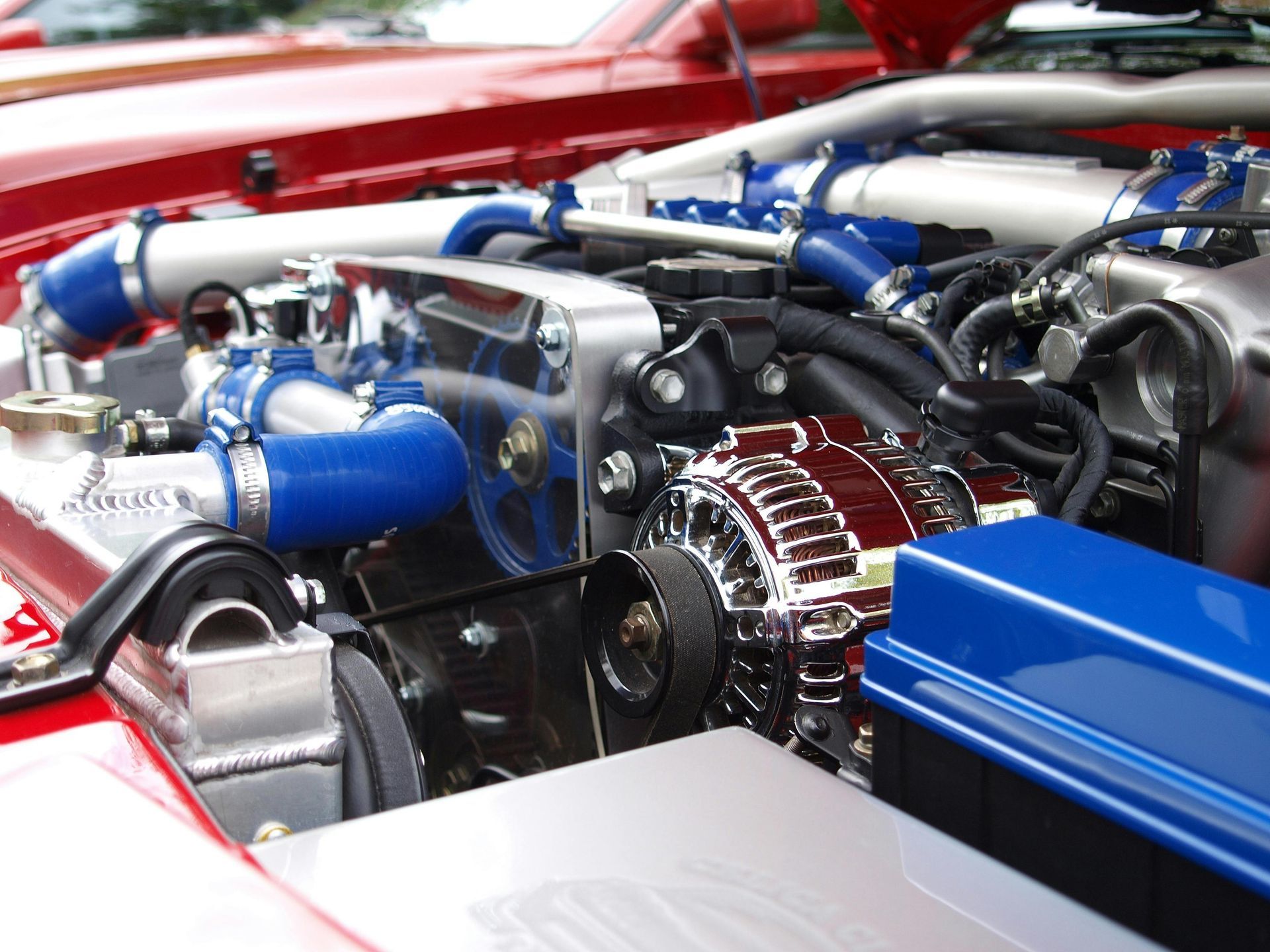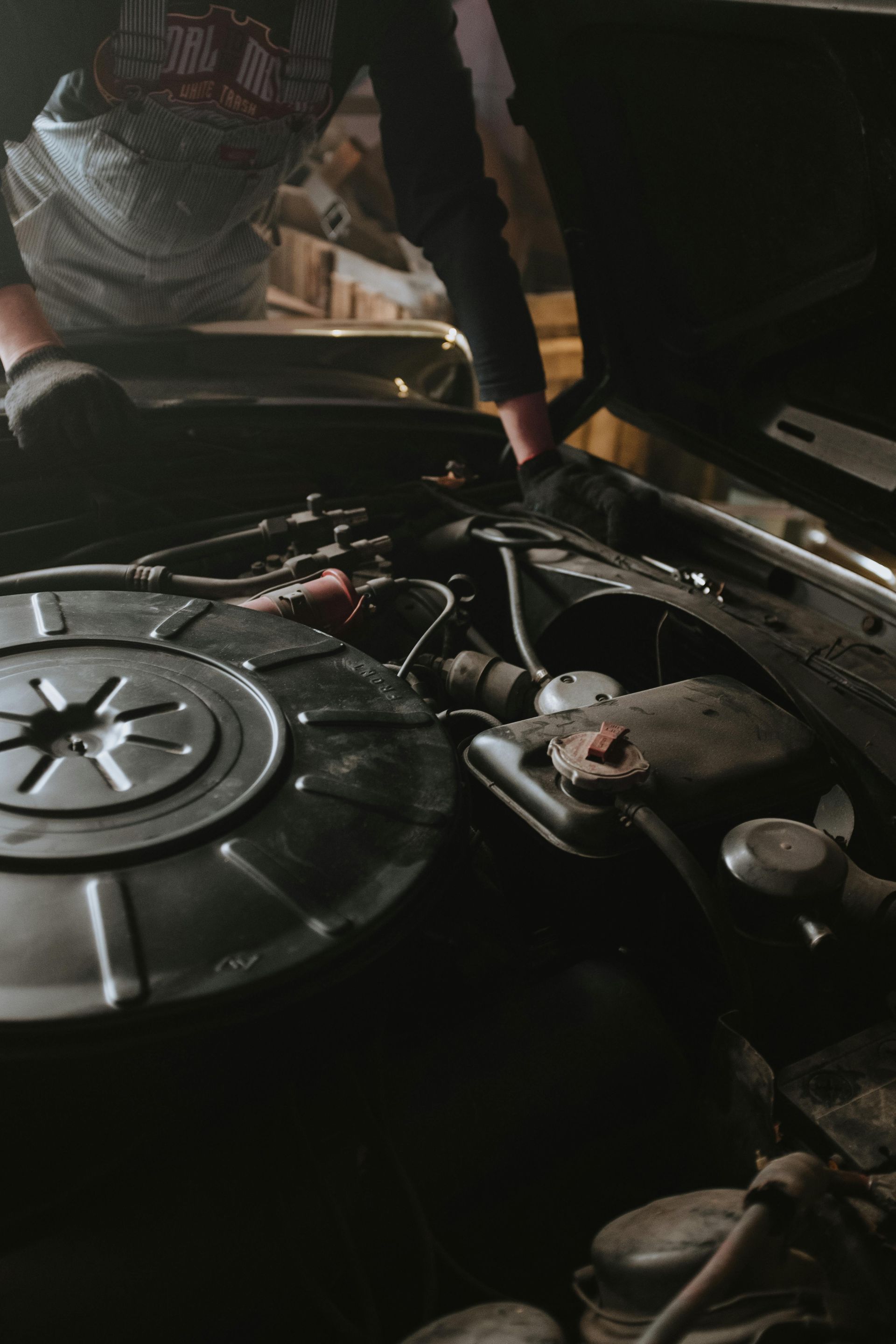Why Your Car Might Be Making That Strange Noise
Those mysterious sounds coming from your vehicle can be more than just annoying – they're often early warning signs of potential problems. For Colorado Springs drivers, identifying these sounds early can prevent costly repairs and breakdowns, especially on mountain roads or during extreme weather conditions. Let's decode what your car might be trying to tell you through those strange noises.
Squealing or Screeching When Braking
That high-pitched squeal when you press the brake pedal is one of the most common car noises – and one you shouldn't ignore.
What it might be: Worn brake pads with wear indicators making contact with the rotors. These metal tabs are designed to create this noise when your pads have worn down to a point where they need replacement.
Why it matters in Colorado Springs: Our steep hills and mountain driving put extra stress on braking systems. Worn brake pads can fail when you need them most, like when descending from Pikes Peak or navigating the hills around Garden of the Gods.
Grinding Metal Sounds
If you hear a harsh grinding sound, especially during braking or when turning, take notice immediately.
What it might be: For brakes, this could indicate your brake pads are completely worn out, causing metal-on-metal contact between your calipers and rotors. When turning, it might signal wheel bearing failure.
Why it matters locally: Colorado's freeze-thaw cycles and road salt during winter can accelerate wheel bearing wear. Additionally, our mountainous terrain means your bearings and braking system work overtime compared to flatter regions.
Rhythmic Clicking When Turning
That clicking noise that speeds up during turns deserves attention.
What it might be: A worn or damaged CV (Constant Velocity) joint. These crucial components allow your wheels to receive power while turning.
Local consideration: Colorado Springs' combination of snowy conditions and gravel roads can damage CV boot covers, allowing dirt and moisture to damage the joint. Many local trails and mountain access roads create perfect conditions for CV joint wear.
Knocking or Pinging Under the Hood
A knocking sound from your engine, especially during acceleration, is never a good sign.
What it might be: This could be pre-ignition or detonation in your engine cylinders, often caused by using the wrong fuel grade, carbon buildup, or engine timing issues.
Colorado Springs factor: Our high altitude (over 6,000 feet) affects how engines run and can contribute to knocking. The thinner air at our elevation changes combustion characteristics, which is why proper engine maintenance is especially important here.
Hissing After Shutdown
A hissing sound after turning off your engine could indicate several issues.
What it might be: This often signals a leak in the cooling system, a vacuum line, or an exhaust manifold.
Local importance: Colorado's extreme temperature variations put extra stress on cooling systems and rubber components. A small leak can quickly become a major problem during our hot summers or below-freezing winters.
Squealing Under the Hood During Startup or Acceleration
That squealing noise when you start your car or accelerate might be more than an annoyance.
What it might be: Often a sign of a loose or worn serpentine belt or drive belt.
Why it matters here: Our dry climate can accelerate the wear on rubber components like belts. Additionally, cold winter mornings cause belts to contract and potentially slip until they warm up.
Rumbling or Roaring that Increases with Speed
A growing rumble as you accelerate needs attention before it worsens.
What it might be: Often indicates a failing muffler, exhaust pipe issue, or wheel bearing problem.
Colorado relevance: Our roads experience significant damage from winter weather, creating potholes that can damage exhaust components. Additionally, moisture from snow can accelerate exhaust system rust, particularly in older vehicles.
Whining During Acceleration
A high-pitched whine that changes with your speed might signal several potential issues.
What it might be: This could indicate a transmission problem, power steering fluid issue, or even a differential problem.
Local consideration: Colorado's varied driving conditions – from highway driving on I-25 to steep climbs in the mountains – put extra strain on transmission components and fluids.
Flapping or Slapping Noises
Rhythmic slapping sounds, especially at lower speeds, should be addressed promptly.
What it might be: Often caused by a foreign object caught in a tire tread or a damaged tire.
Why it matters locally: With construction in growing areas like Powers Boulevard and road debris on mountain passes, Colorado Springs drivers frequently encounter road hazards that can lodge in tires.
Need Help Diagnosing That Strange Noise?
At Action Automotive Service, our experienced technicians are familiar with the unique challenges Colorado Springs vehicles face. We understand how our elevation, climate, and road conditions affect your vehicle's performance and can quickly diagnose those mysterious sounds.
Don't ignore strange noises until they become expensive problems. Contact us at (719) 633-0008 or visit our convenient location at 3335 Fillmore Ridge Heights for expert diagnostics. Our team uses advanced equipment and years of experience to identify issues early, helping you avoid costly repairs and keeping you safe on Colorado's demanding roads.
